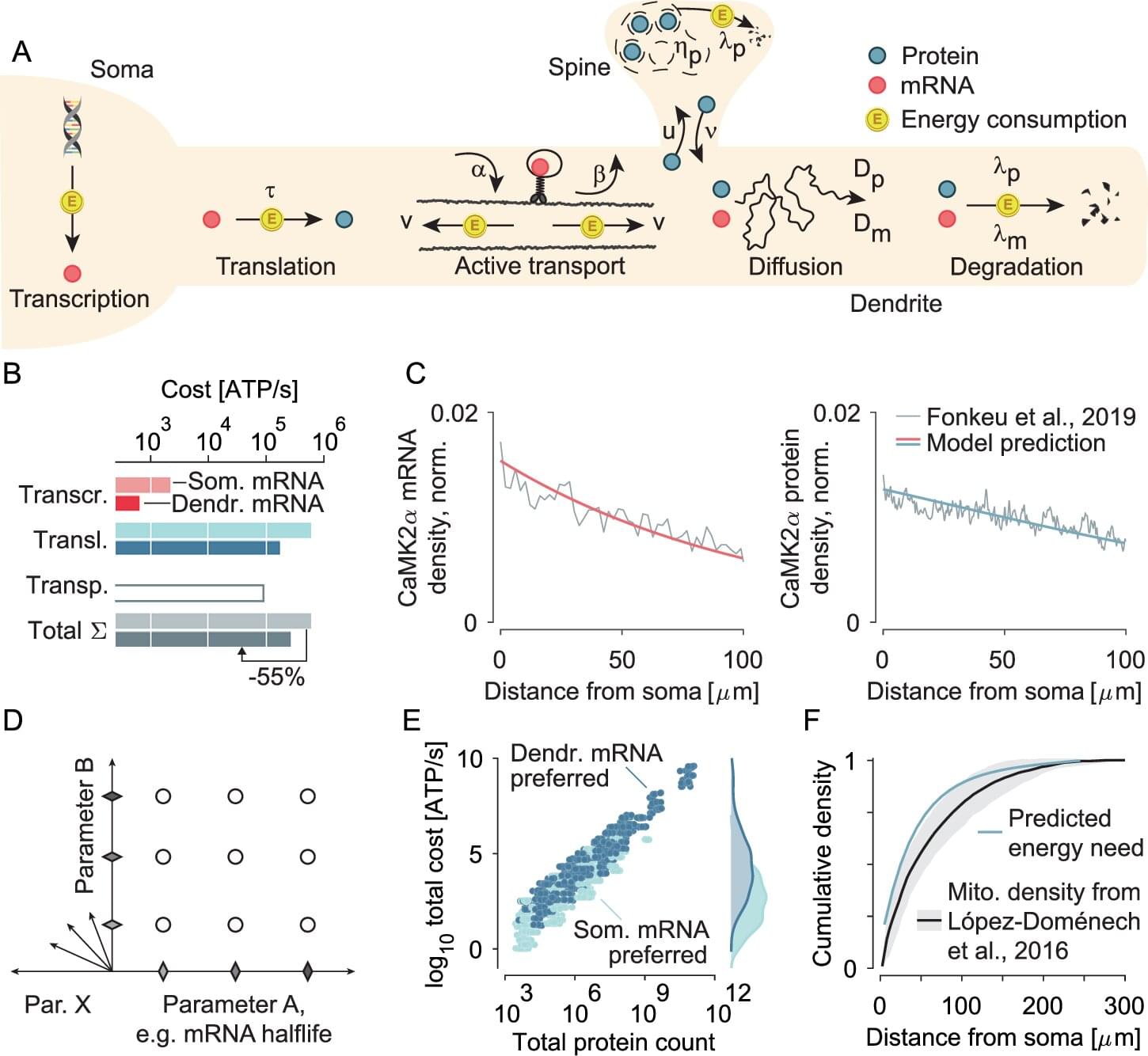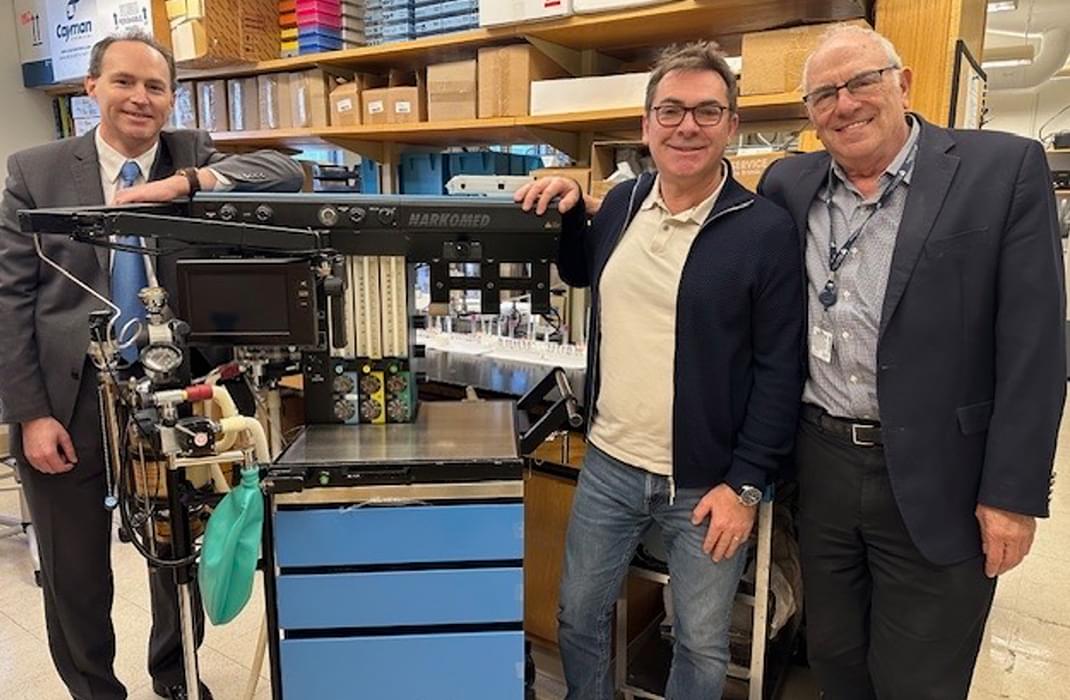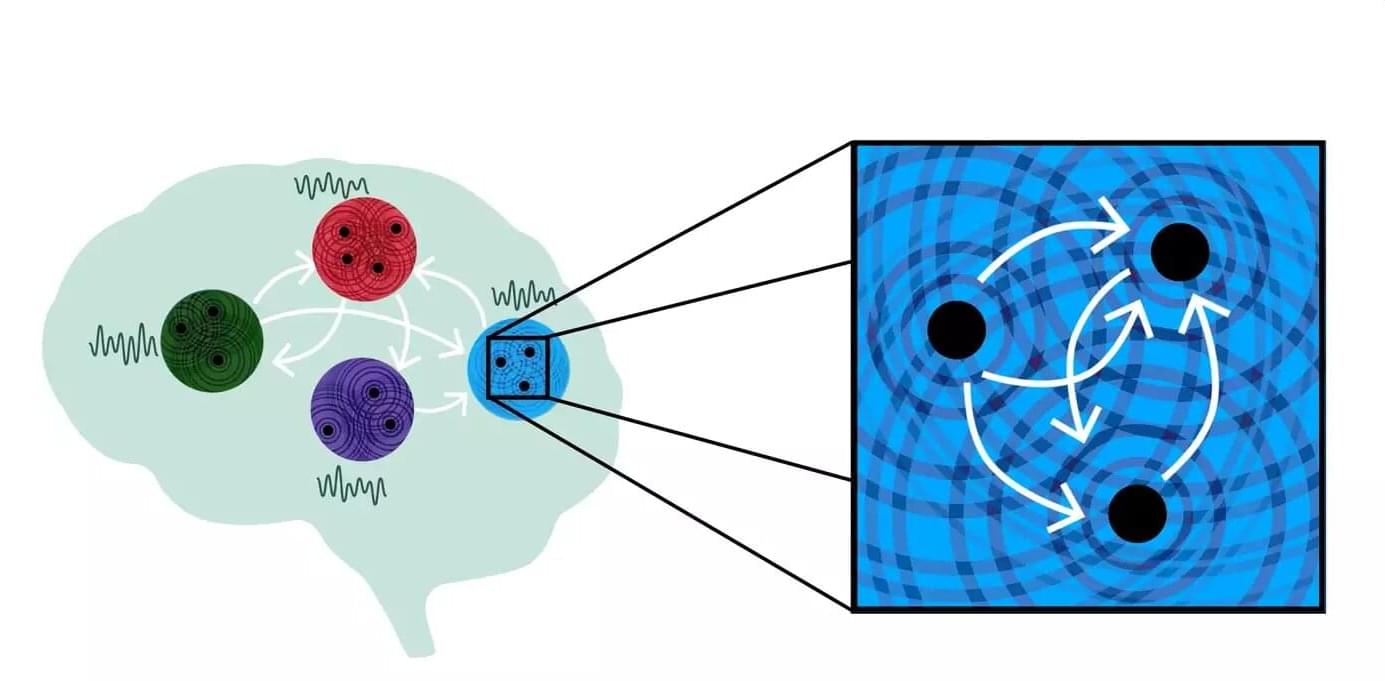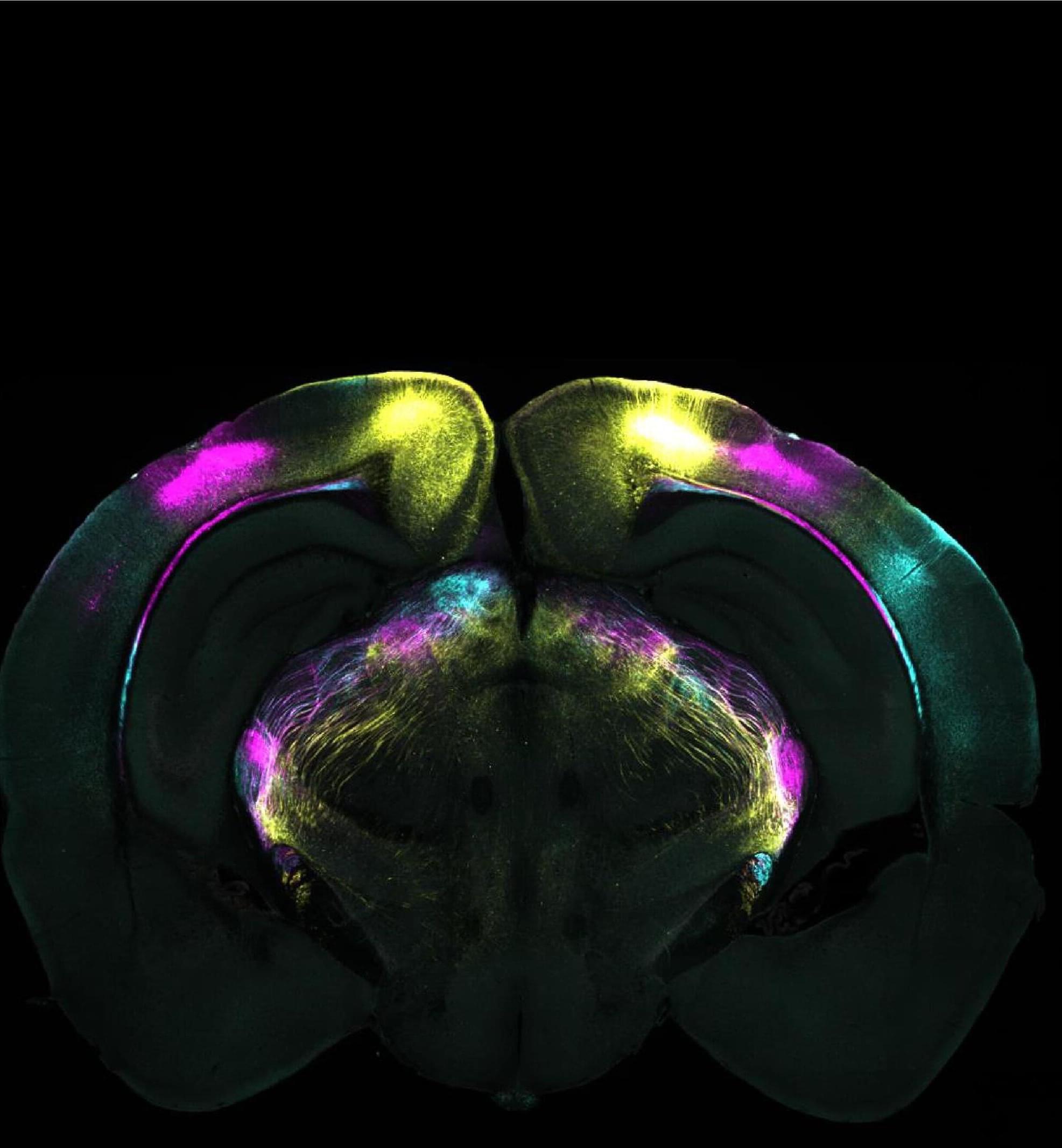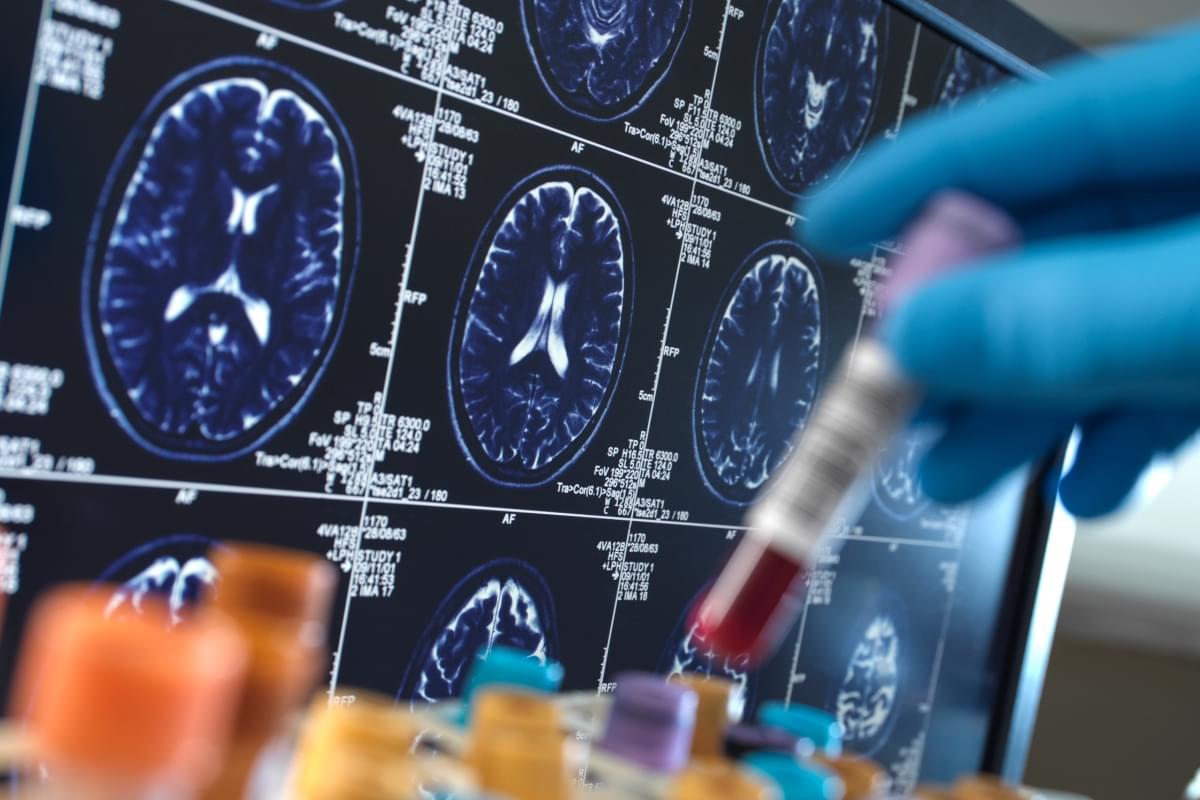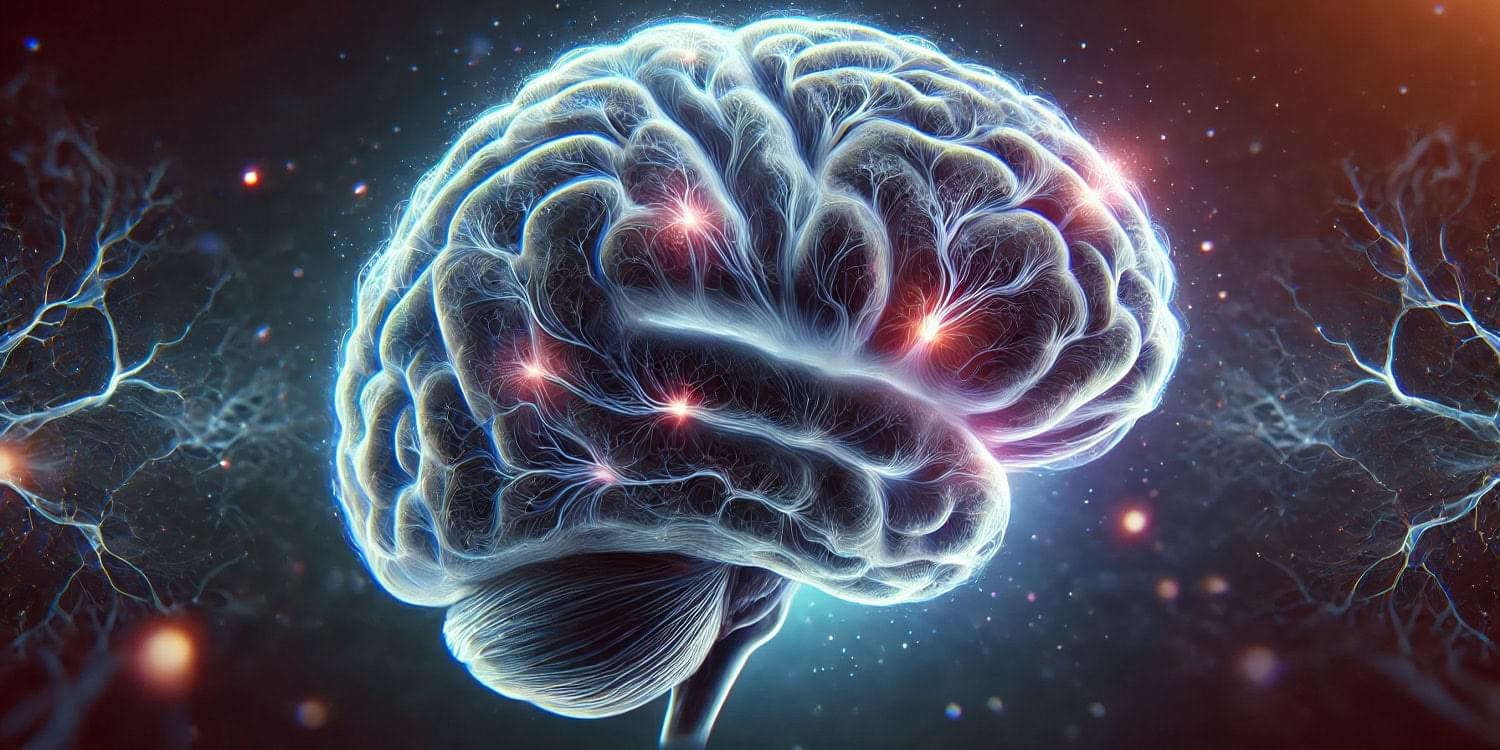Nerve cells have amazing strategies to save energy and still perform the most important of their tasks. Researchers from the University Hospital Bonn (UKB) and the University of Bonn as well as the University Medical Center Göttingen found that the neuronal energy conservation program determines the location and number of messenger RNA (mRNA) and proteins and differs depending on the length, longevity and other properties of the respective molecule. The work has now been published in Nature Communications.
We have all experienced the need to save energy in recent years. To do this, we all had to come up with strategies to save energy while still meeting our most important needs.
Our nerve cells are facing a similar dilemma: They have to supply their synapses, i.e., their contact points with other neurons, but also organize their protein synthesis in such a way that they don’t produce too much or too little proteins.
